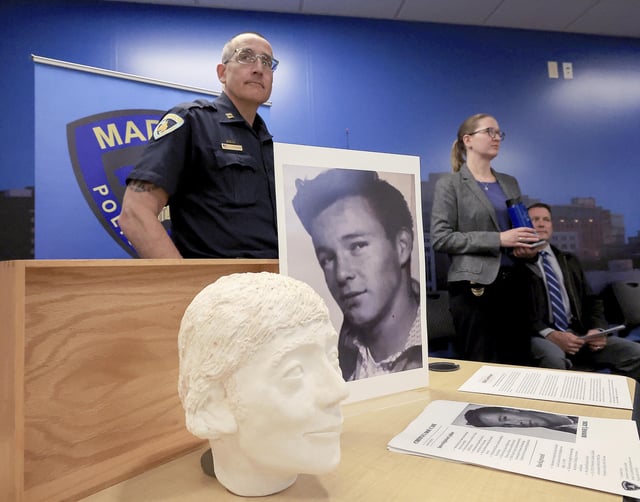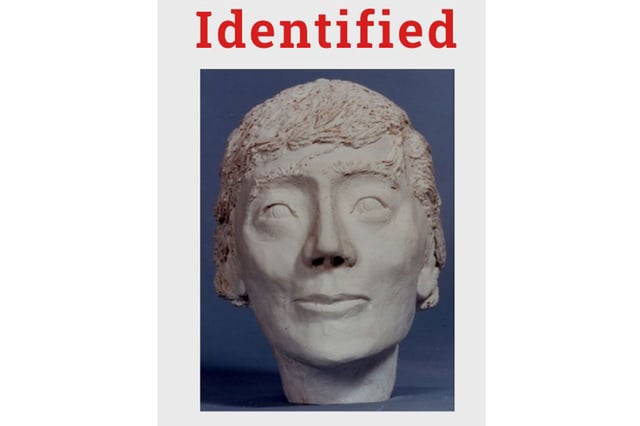Overview
- The skeletal remains found in a Madison music store chimney in 1989 have been identified as Ronnie Joe Kirk.
- Kirk, originally from Tulsa, Oklahoma, had not been in contact with relatives since 1970.
- The DNA Doe Project utilized genetic genealogy to identify Kirk, a process that took over two years.
- Authorities are still investigating the circumstances of Kirk's death and how he ended up in the chimney.
- Madison Police are seeking public assistance to gather more information about Kirk's life and death.

